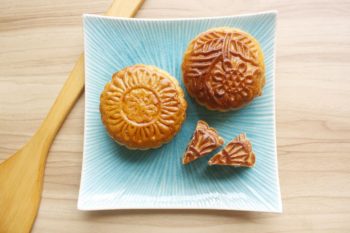Archive for 'Vocabulary'
An Introduction to Chinese Street Food Posted by sasha on Nov 25, 2020

We love talking about Chinese food on the Chinese blog, and for good reason. Chinese cuisine is one of the most famous around the world and it’s definitely one of the most delicious! I recently described my perfect day of Chinese food, but I forgot one important thing – street food (街头食品 jiē tóu shí…
5 Chinese Daily Useful Phrases Posted by Ayana on Nov 23, 2020

Learning Chinese is a complex task. The tones, the sounds, the characters, the syntax, are all new for most learners. But Chinese wording is sometimes very simple, and provides us great ways to express ourselves. Here are five of my favorite short phrases for different situations in daily life. There are many ways to express…
Fun With Chinese Idioms Posted by sasha on Nov 10, 2020

Just like English, Chinese is a language with countless idioms. Studying Chinese idioms not only helps you improve your language skills, but it also provides insights into a rich culture that is thousands of years old. They aren’t exactly always easy to incorporate into your day-to-day life, but it’s still fun to learn some Chinese…
Chinese Vocabulary for Language Learning Posted by Ayana on Nov 3, 2020

When learning a language, any language, some basic related vocabulary is necessary. Learners need vocabulary that can help them approach the process of learning the new language. I, for example, found myself using the words 词典 (cí diǎn dictionary), 汉字 (hàn zì character), and 意思 (yì si meaning), on a daily basis as early as…
The Chinese Verb to Wash 洗 Posted by Ayana on Oct 19, 2020

洗 (xǐ) is one of Chinese basic verbs. The character’s radical is the Three Drops of Water radical. Many Chinese radicals hold information about the character’s meaning. The Three Drops of Water radical usually implies the character is somehow related to water or liquid. The verb 洗 can mean several things: to wash, to rinse, to clean…
Chinese Measure Words Posted by Ayana on Oct 6, 2020

Measure words (量词liàng cí) indicate an amount of something. They denote a unit or measurement, and are used with count nouns and non-count nouns (such as sugar, or water). Measure words are very common in many languages. In English measure words are usually attached to nouns of food, liquid, stationery, and personal items. For example…
Talking About Fall in Chinese Posted by sasha on Sep 23, 2020

The weather is getting cooler, the leaves are changing colors, and the kids are all back to school. That can mean just one thing – fall (秋天 – qiū tiān) is here. You may be bummed that summer is over, but there’s lots to love about autumn as well. In China, fall means two very…


